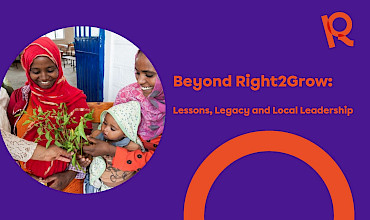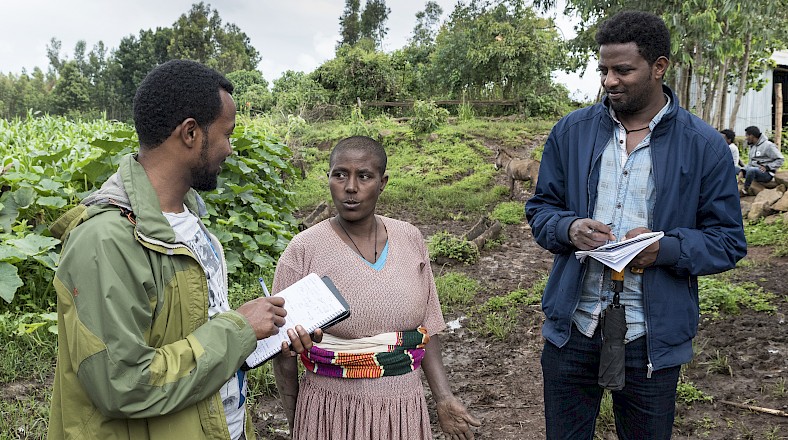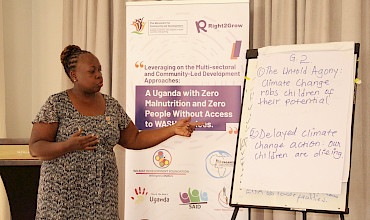
Social accountability tools have gained popularity in recent years as informal and easily accessible strategies for increasing citizen voices and improving public accountability. These tools include a broad range of actions and mechanisms which citizens and communities can use to hold public officials accountable, in both local and national arenas. In the Right2Grow partnership, accountability plays a prominent role for the targeted communities and local partners, because accountability supports high quality and appropriate programme interventions.
Better social interventions
One of the actions in the programme will be the measurement of accountability of the government versus CSOs, contextualised per country and optionally measured at different levels within a country (national-regional-community). These strategies seek to bring government closer to citizens, so that public officials can more easily meet the demands of citizens and be accountable to them. The result is improved designed and targeted social interventions across a range of basic services. For more information, see the article on Citizen Voice and Action (CVA) and Budget Monitoring and Expenditure Tracking (BMET).
Downward accountability
Local accountability is often described as downward accountability. This includes promoting the participation of the targeted community groups as the standard way of working across all phases and interventions. This will happen not only by including participatory activities, but also through information sharing channels, and feedback and complaints mechanisms.
Right2Grow will demonstrate continuous accountability to local partners and communities with whom we work
Trusting relationships
Right2Grow will demonstrate continuous accountability to local partners and communities with whom we work. This will include sharing approaches and strategies with all partners and communities, facilitating the provision of opportunities and communication channels to express views and influence decision-making across the programme cycle, and working in a way that builds trusting and collaborative relationships with local partners and communities.
Upward accountability
This concerns the accountability of the consortium partners and local strategic implementing partners (CSOs/CBOs) towards the back-donor, the Dutch Ministry of Foreign Affairs. In addition to tools which relate more towards the OECD DAC criteria of relevance, efficiency, effectiveness, sustainability, impact and coherence, upward accountability is also addressed through compliance with financial requirements. These requirements – although closely linked to Monitoring, Evaluation, and Learning - fall under the responsibility of the consortium senior financial officer. In addition, the above-mentioned requirements will be combined with learning within and outside the consortium.
More information:
- Save the Children: Global Accountability Report 2018
- IDRC Research: Improving Local Government Accountability for Poor and Marginalized Communities in Uganda
- World Bank research: Civil Society, Public Action and Accountability in Africa


